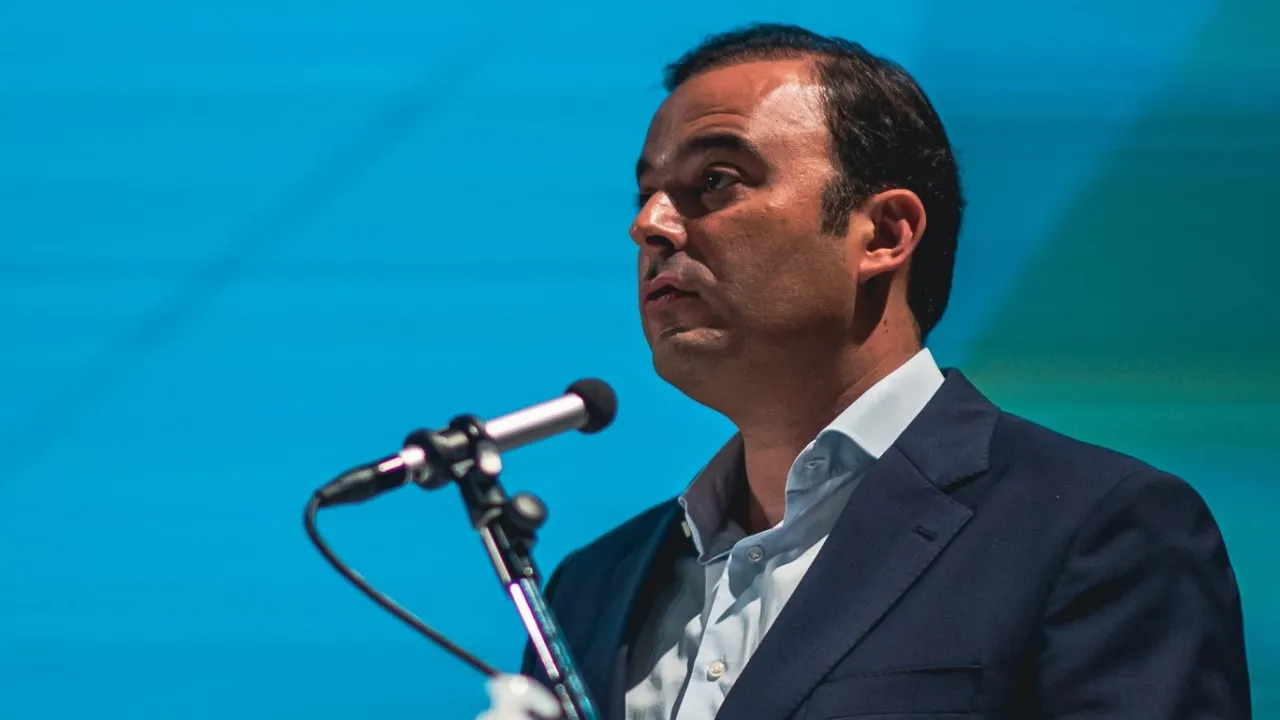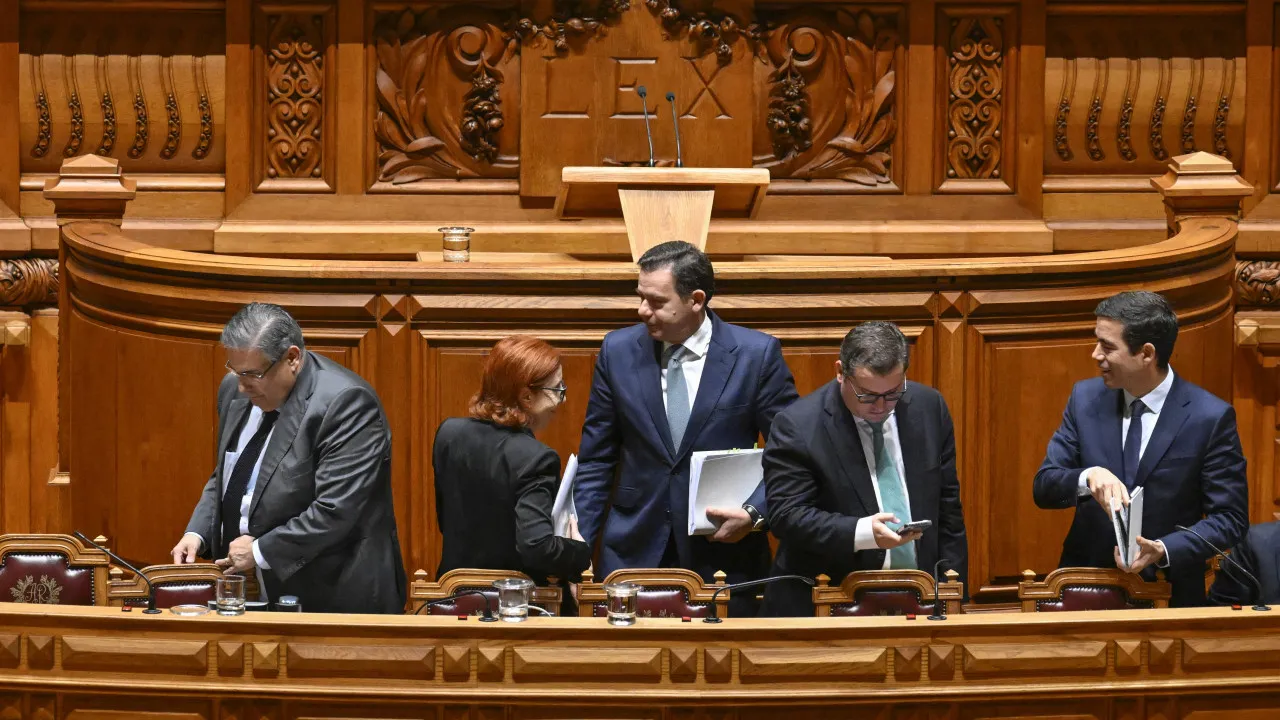
A businessman testified as a prosecution witness during the 45th session of the trial at the Espinho Court, revealing that the bill for the furniture was to be paid by Miguel Reis’s wife.
Before the panel of judges, the witness explained that upon delivering the furniture to the former mayor’s house, Reis’s wife inquired about the invoice, stating her intention to pay. He responded that the work was not yet complete.
“She became upset and warned that if the invoice was not presented, the police would be involved, and the furniture would be returned,” he stated.
The owner of the carpentry noted that the installation of the furniture was finalized only after arrests were made in the scope of the Vortex operation, adding that he sought permission from the Public Prosecutor’s Office to complete the job.
The witness also mentioned that so far, only half of the total amount for the furniture has been paid, with Reis’s wife explaining that she could only pay half due to her accounts being seized.
The carpenter was also confronted with a recorded conversation with Francisco Pessegueiro regarding Miguel Reis’s furniture, where the defendant expressed urgency and acknowledged a “debt to him,” to which the witness replied, “so do I.”
When asked by the presiding judge, the carpentry owner said he was unaware of the debt Pessegueiro referred to with the then-mayor and couldn’t explain why he claimed to have a debt himself.
“I owed him nothing. In fact, he owes me… It makes no sense. I didn’t know the mayor,” he stated.
The Public Prosecutor’s accusation alleges that the furniture, valued at 5,740 euros, was paid for by Francisco Pessegueiro to ensure swift and favorable decisions in urban planning processes submitted to the Espinho Council, including the “Golden 24” architectural project.
During the same session, the court heard the first defense witnesses summoned by architect João Rodrigues, including a senior judge who hired the defendant to draft the reconstruction project for his home in Porto.
The witness claimed to be unaware of the facts under trial, attesting that the defendant was always “a very diligent and dedicated person.”
“He never suggested anything that went beyond the normal course of events. My view of him is positive,” he concluded.




